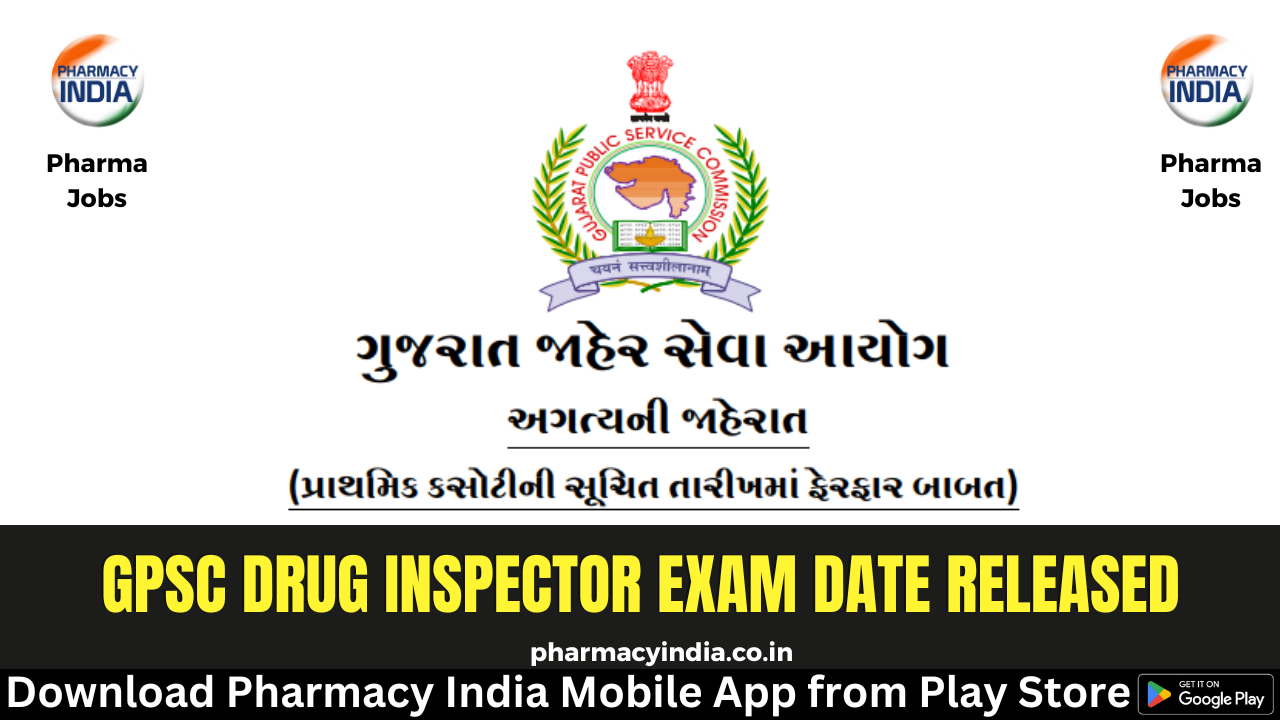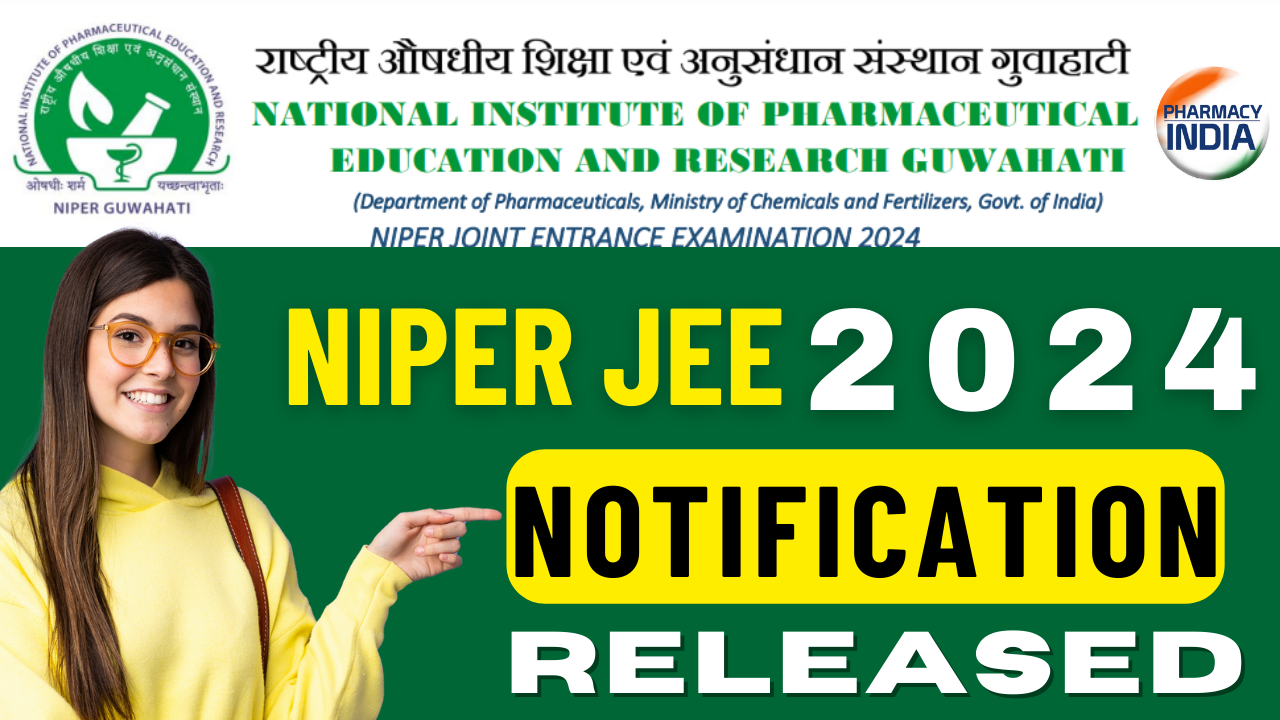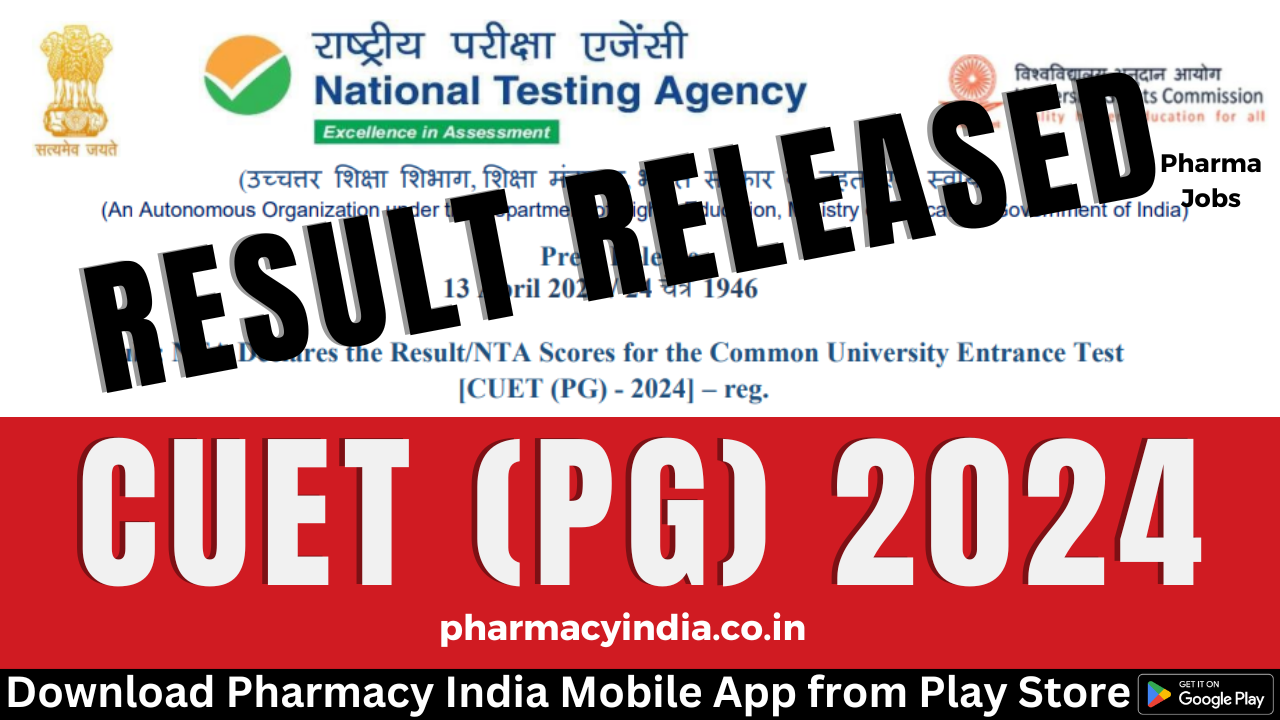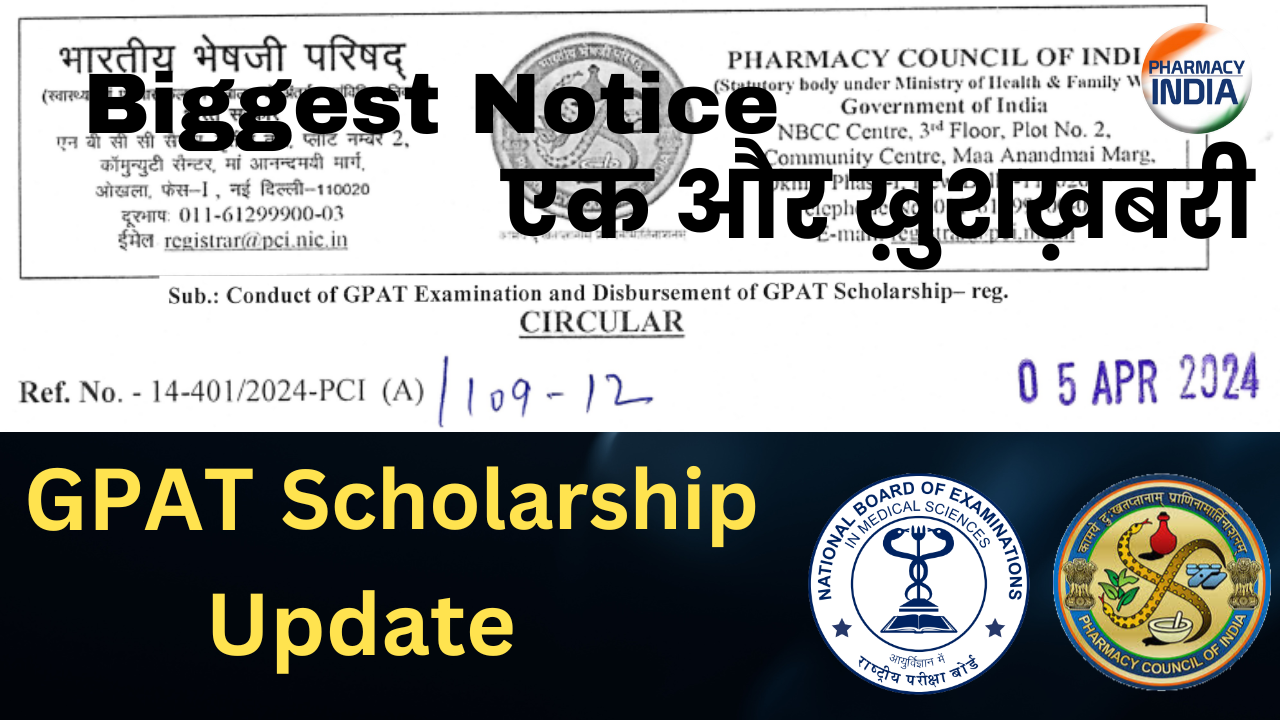According to senior CDSCO officials involved in the process, the risk-based inspections that the Central Drugs Standard Control Organization (CDSCO) scheduled for December of last year resulted in the cancellation of licences for 18 Indian pharmaceutical companies for producing fake medications. Following the World Health Organization’s (WHO) decision to hold Indian pharmaceutical companies responsible for exporting tainted medicines in response to the deaths of numerous children in Gambia and Uzbekistan, the Drugs Controller General of India (DCGI) office planned to conduct extensive risk-based inspections across the entirety of India.
An inspection team made up of representatives from the state and federal licencing authorities visited 76 pharmaceutical enterprises in 20 states and UTs. About 25 pharmaceutical businesses have received show cause warnings from the CDSCO after being among the 203 companies it has identified. The amount of substandard samples from the respective producer discovered on the market over the previous three years is the basis for the risk-based inspection criterion. According to a senior CDSCO official, “the DCGI will carry out risk-based inspection on a large scale beginning from Himachal Pradesh and Sikkim based on the performance and condition of the states in terms of keeping a check on the substandard medications or products in the supply chain.
According to official sources, the majority of the pharmaceutical firms that are being investigated by the government are from Himachal Pradesh (70), Uttarakhand (45), and Madhya Pradesh (23). Experts in regulatory affairs claim that the risk-based inspections are based on the most recent GMPs and GLPs established by the Pharmaceuticals & Cosmetics, Regulations, 1945. A manufacturer’s compliance with sanitation, hygiene, self-inspection, quality audits, prevention of cross-contamination, and bacterial contamination during production are audited during these inspections, which are carried out by the state drug licencing authorities and the DCGI, among other crucial areas.
The regulatory authorities have noted that Indian pharmaceutical businesses’ quality control is not being maintained and that there are problems with data integrity, warning letters, import bans, and import restrictions. In terms of medicine quality, it is crucial for Indian pharmaceutical companies to set higher standards. According to a drug regulatory specialist, obtaining WHO licences from Indian drug regulatory bodies is not difficult, but obtaining US FDA or UK MHRA approvals necessitates intense attention because of the strict regulations in these regulated markets.







